He who is present at a wrong doing and does not lift a hand to prevent it, is as guilty as the wrong doers
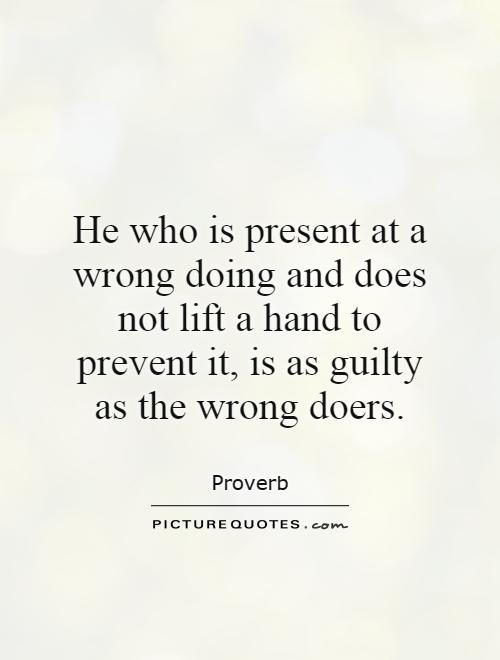
He who is present at a wrong doing and does not lift a hand to prevent it, is as guilty as the wrong doers
The proverb "He who is present at a wrong doing and does not lift a hand to prevent it, is as guilty as the wrong doers" speaks to the importance of taking action in the face of injustice. It highlights the idea that remaining passive in the face of wrongdoing is just as condemnable as actively participating in the wrongdoing itself. This proverb serves as a reminder that we all have a responsibility to stand up for what is right and to speak out against injustice, even if it means going against the status quo or risking our own safety.In many ways, this proverb reflects the concept of bystander intervention, which is the idea that individuals have a moral obligation to intervene when they witness harm being done to others. Research has shown that bystander intervention can be a powerful tool in preventing violence and promoting social change. By speaking out against wrongdoing and taking action to prevent harm, we can help create a safer and more just society for everyone.
The idea that those who witness wrongdoing but do nothing are just as guilty as the wrongdoers themselves is a powerful one. It challenges us to consider our own role in perpetuating injustice and to take responsibility for our actions (or inactions). It reminds us that silence and inaction can be just as harmful as actively participating in wrongdoing.
This proverb also underscores the importance of empathy and compassion. By standing up for those who are being wronged, we demonstrate our commitment to justice and our belief in the inherent worth and dignity of all individuals. It encourages us to put ourselves in the shoes of others and to consider how we would want to be treated if we were in a similar situation.
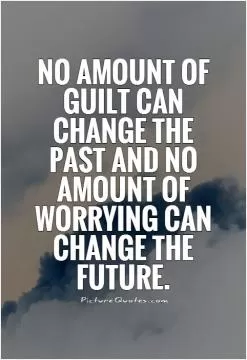
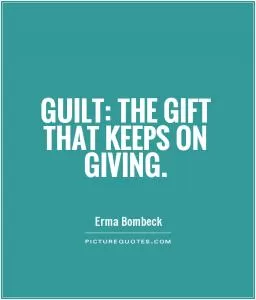
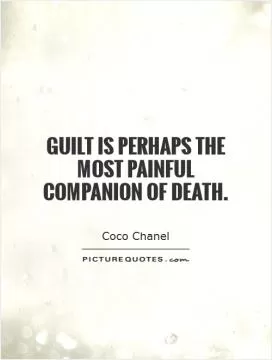
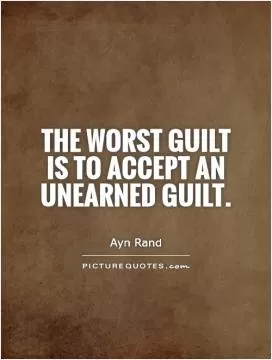
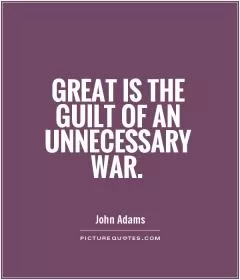
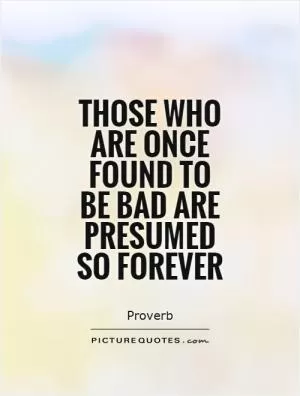

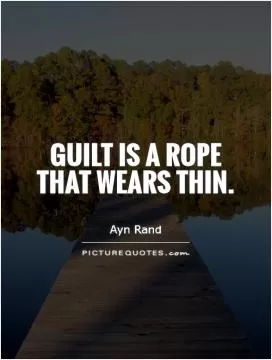

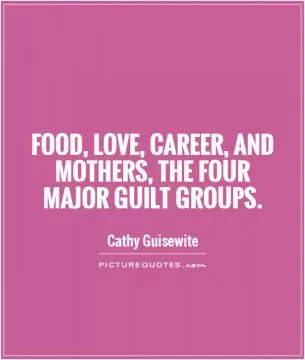
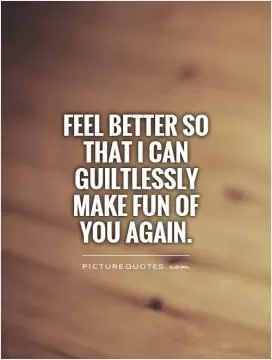
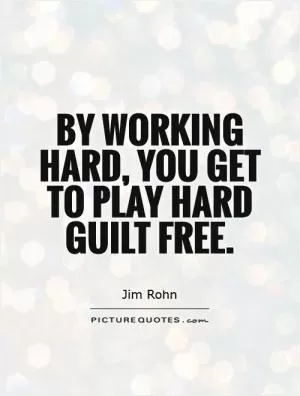
 Friendship Quotes
Friendship Quotes Love Quotes
Love Quotes Life Quotes
Life Quotes Funny Quotes
Funny Quotes Motivational Quotes
Motivational Quotes Inspirational Quotes
Inspirational Quotes